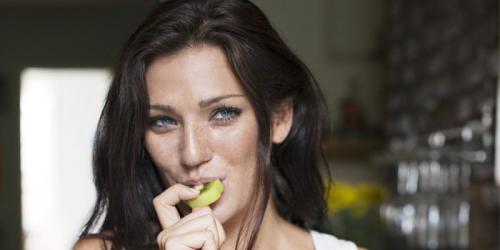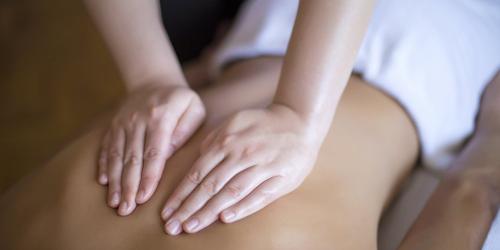Nibbling or snack?
Nibbling consists of eating something outside the three main meals of the day: breakfast , lunch and dinner.
However, the snack is also defined as a food intake outside the main meals ... So it is ultimately the same thing, with the exception that the term "snacking" often has a negative connotation while the "snack" "The afternoon is perceived as a good thing for children ... Moreover, it is really a good thing since this additional food intake helps to provide them with enough energy to grow. As for the small nibbles of the elderly, they are also useful: with age, the appetite decreases, often preventing them from consuming enough food during the main meals. Nibbling here and there during the day as their appetite grows helps them meet their nutritional needs.
Is nibbling really bad for your health?
Overall, nibbling is mostly accused of gaining weight. That being said, there is very little data available on the true impact of snacking on weight gain. While snacking on a candy bar or candy should not help you stay slim ... However, there are many other factors to consider, such as lack of physical activity and the amount of calories brought by major meals for example.
In addition, we must also analyze the nutritional quality of nibbled food: chew an apple or a pear, both rich in vitamins and antioxidants, at 11am is rather beneficial to the body. In the end, nibbling itself is not necessarily a cause of overweight: just choose the right foods and have a healthy lifestyle. On the other hand, it seems established that nibbling promotes the formation of caries, multiple food intake increasing secretions of acid that damage the enamel.
Remember to chew sugar-free chewing gums and brush your teeth morning and night !


